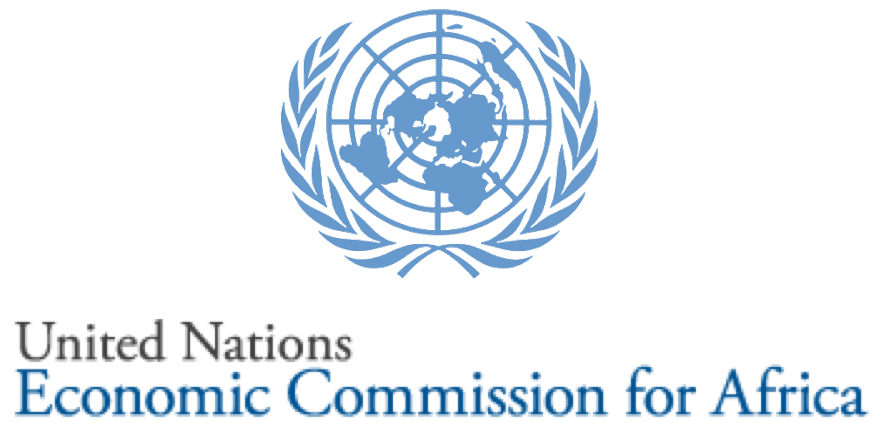The Economic Commission for Africa (ECA) has restated its commitment to leveraging innovation and technology for sustainable development. The deputy executive secretary of ECA, Antonio Pedro, said the participants at the campaign would explore the fascinating realm of artificial intelligence, examining its remarkable potential and the challenges it poses to the cybersecurity landscape. “As we gather here today, whether in person or virtually, I urge all United Nations (UN) staff to actively participate in this campaign. Our engagement is crucial as we navigate this complex landscape of AI and its potential security implications. I am confident that the various sessions planned will provide valuable insights and a better understanding of AI technologies that will significantly contribute to a more empowered way of doing business.
“Furthermore, the ability to effectively address any associated security risks and protect the organisation’s information assets is invaluable and cannot be understated,” he said. According to Mr Pedro, the ECA’s divisions have implemented several technology-driven initiatives and projects to deal with environmental, social, and economic issues. He said utilising AI to underpin these innovations while cautiously balancing the risks involved demonstrates ECA’s commitment to the Sustainable Development Goal (SDG 9). Mr Pedro said the commission developed Africa’s Macroeconomic Policy Analysis and Forecasting Model (AFRIMOD) tool to facilitate the analysis of income distribution and poverty outcomes emanating from macroeconomic policies. The deputy executive secretary said ECA actively supported the implementation of digital identities to improve public service delivery and enhance governance.
He said, “We are collaborating with the private sector and governments to improve health outcomes and showcase innovative approaches to leverage private sector capabilities to deliver better health services. “Using digital systems, we worked with partners to improve cross-border payments through the Africa Trade Exchange platform and empowered girls with digital literacy and coding skills through the Girls Can Code Initiatives. We have enhanced the generation and use of climate-related information for development planning and resilience building in Africa. And these initiatives demonstrate our commitment to leveraging innovation and technology for sustainable development.” (NAN)
Trending Now

